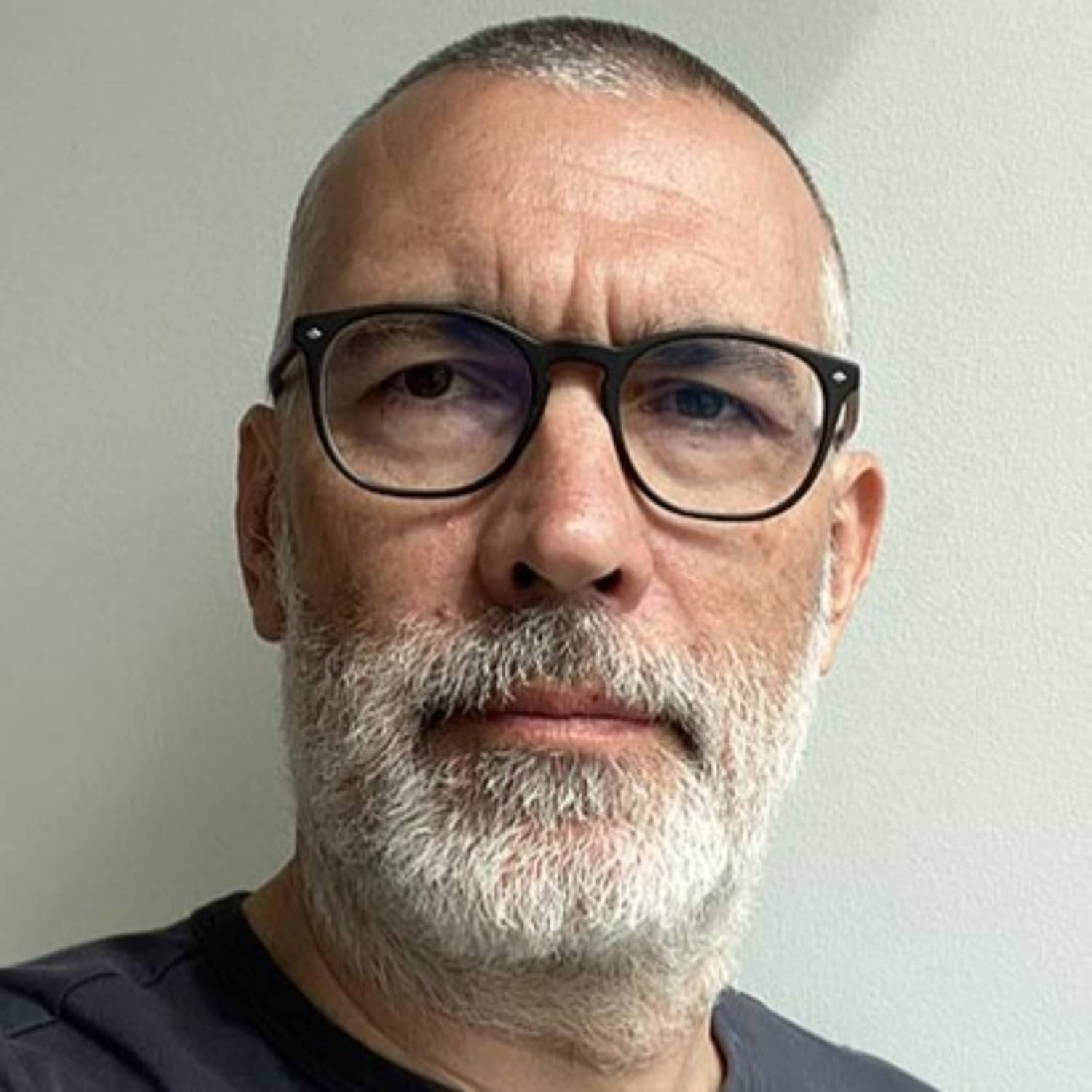Circularity and Systems
Non-Linear Thinking
In this video, Andrej explains why linear thinking is flawed. Being intrinsically related to a culture obsessed with control and prediction, it fails to acknowledge world complexity and chance. Non-linear thinking acknowledges world complexity; it resists determinism and finite appearances and builds on the inherent notion of becoming.
Further Reading/ References
- Radman, A. (2021). Sensibility is Ground Zero: On Inclusive Disjunction and Politics of Defatalisation. In Ecologies of Architecture: Essays on Territorialisation. Edinburgh: Edinburgh University Press, 76–99.
